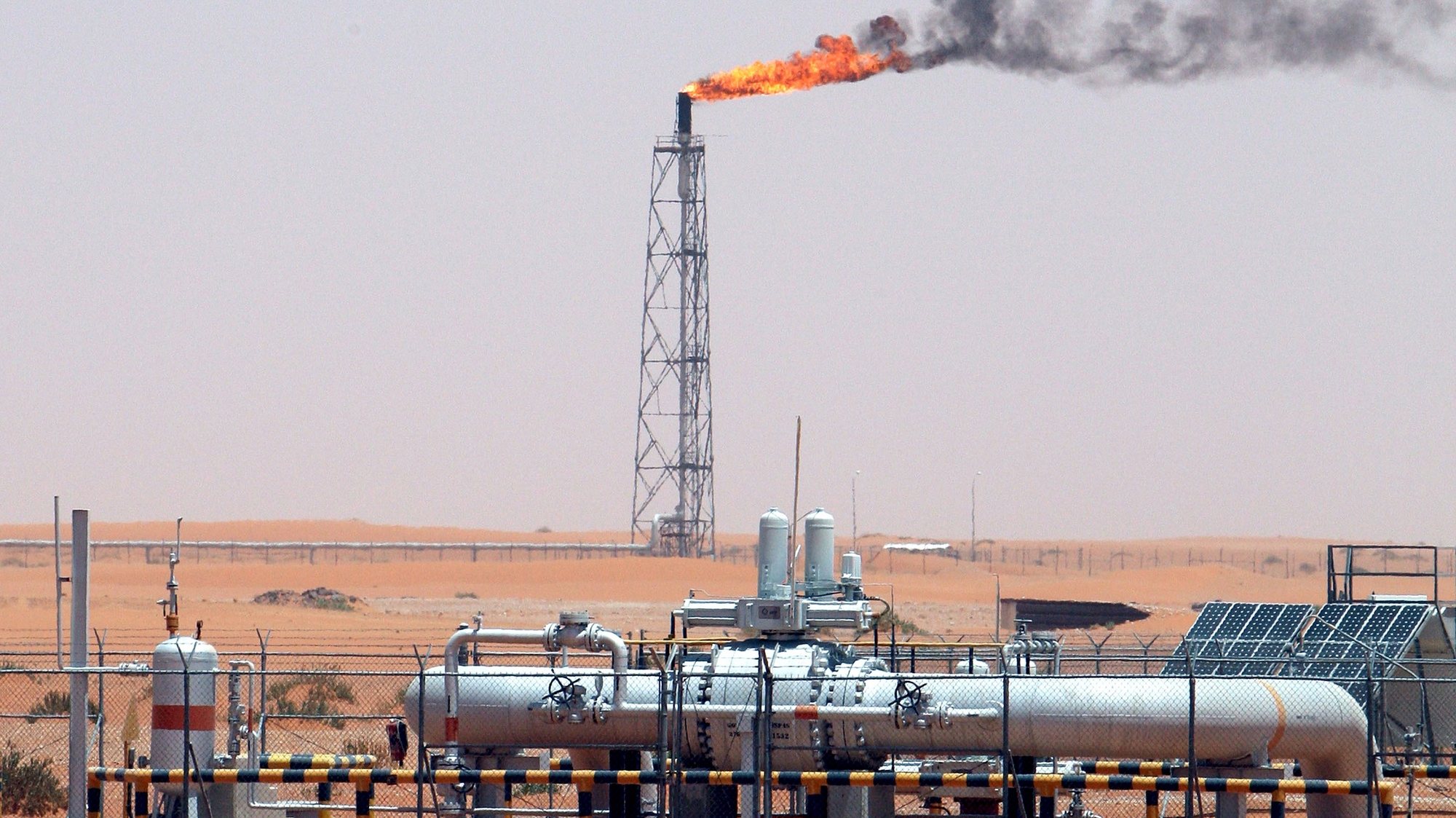
More than 90% of air pollution in the Middle East comes from fossil fuels and not from natural factors, concluded a study published Thursday in the scientific journal Communications Earth & Environment.
In 2017, an international team of scientists began a journey through the eastern Mediterranean, through the Suez Canal and around the Persian Gulf, to measure air quality with specialized equipment.
They concluded that the vast majority of fine particles, which can penetrate deep into the lungs, posing a significant health risk, are from human origin and comes essentially from the production and use of fossil fuels and coal.
This finding dispels the previously dominant idea that natural phenomena, such as desert dust, affected air quality in these regions.
Scientists have also detected significant presence of toxic elements, with sulfur dioxide, linked to the oil industry or maritime transport.
There are refineries, such as those in Saudi Arabia and the United Arab Emirates, which are important sources of air pollution, but also ships in the Red Sea and in the Suez Canal region”, detailed the lead author of the study and a researcher at the Max Planck Institute, José Lelieveld.
The team sought to estimate the excess mortality caused by air pollution each year in the region and concluded that it is much higher than in Western industrialized countries.
The number of deaths attributable to air pollution is 15.9% in Kuwaitthat compares to three percent in the United States.
In the study, it was found that one in eight deaths in the region can be attributed to pollution linked to fossil fuels.
Source: Observadora